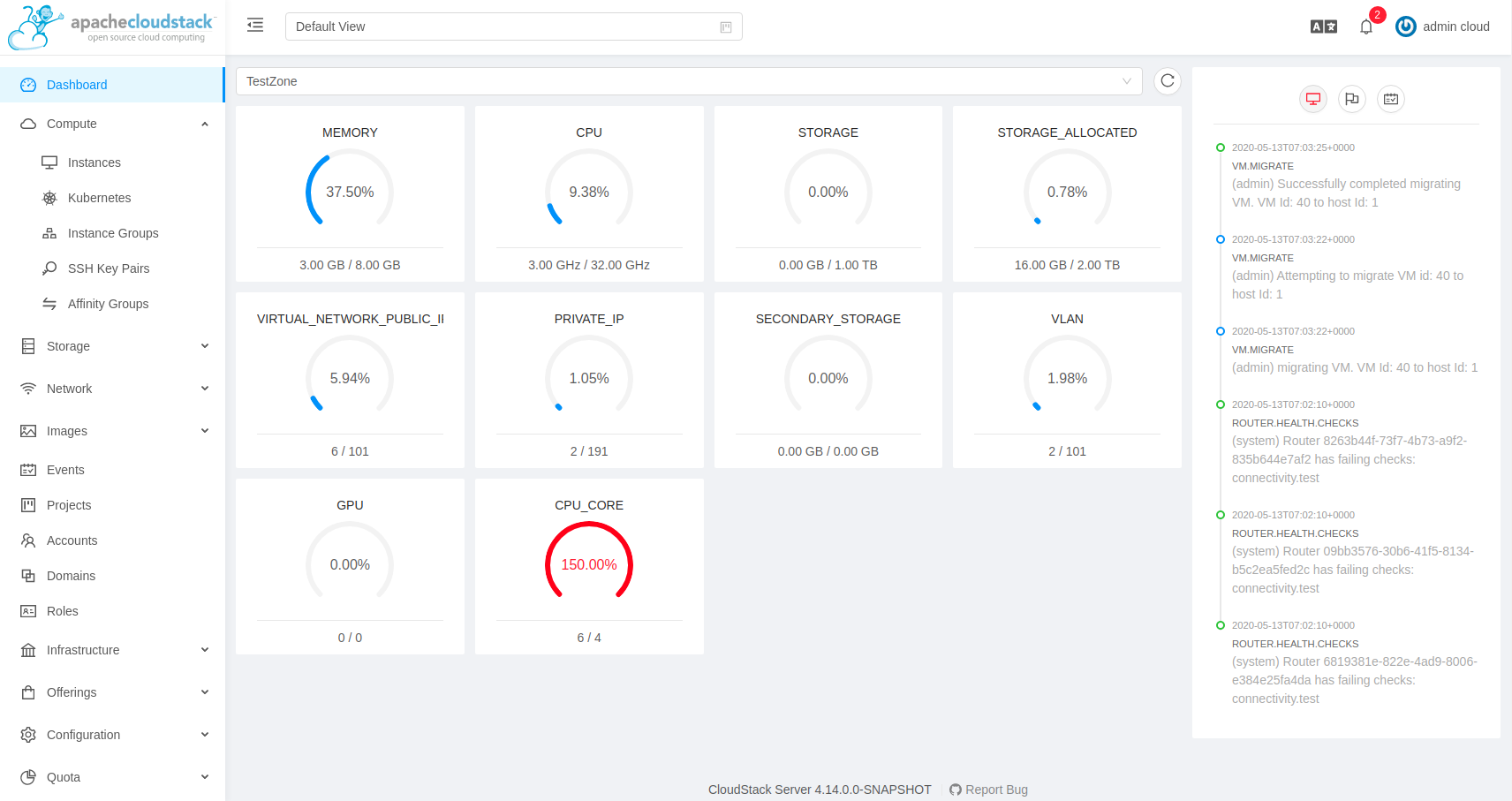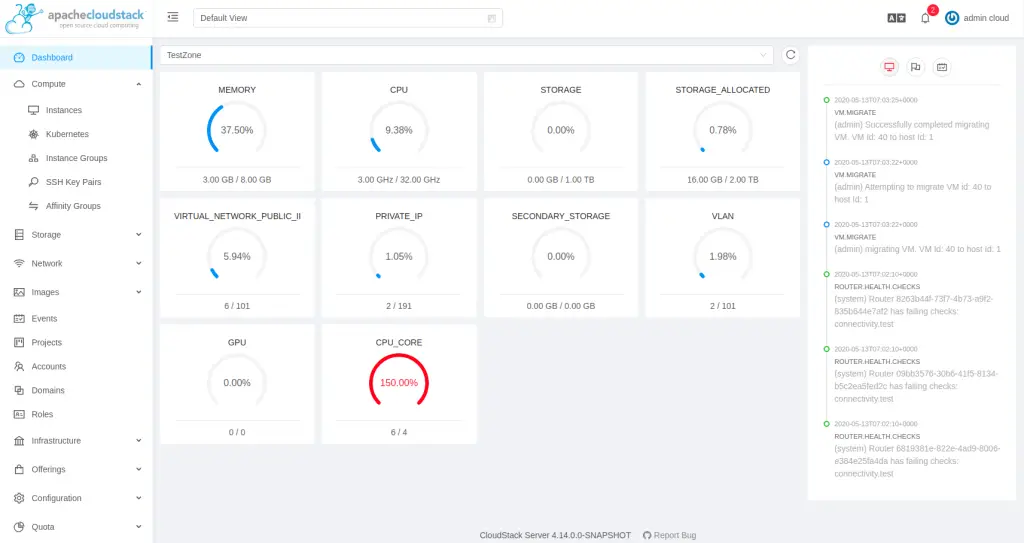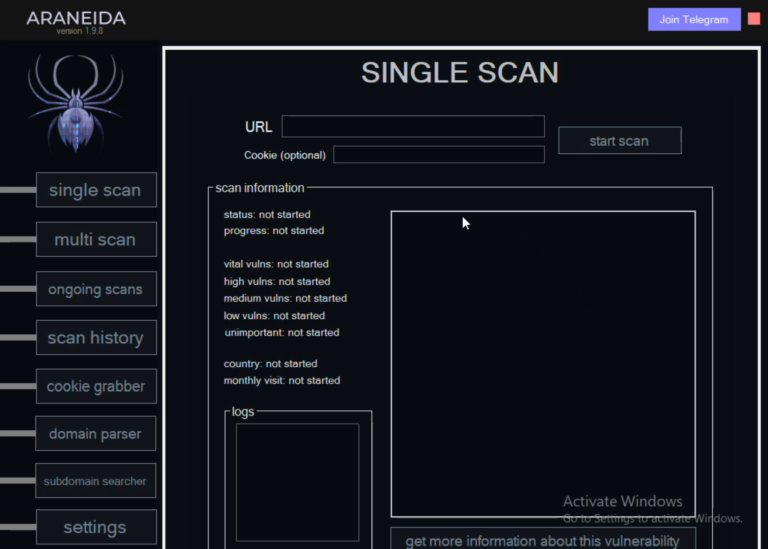
The Apache CloudStack project has issued an urgent security advisory, urging users to immediately update their software to address two critical vulnerabilities that could expose their cloud infrastructure to complete compromise. The vulnerabilities, identified as CVE-2024-38346 and CVE-2024-39864, affect a wide range of Apache CloudStack versions and could allow attackers to execute arbitrary code, steal sensitive data, and disrupt operations.

A Closer Look at the Vulnerabilities
-
CVE-2024-38346: This flaw resides in the CloudStack cluster service, which operates on an unauthenticated port (default 9090). Attackers can exploit this vulnerability to send malicious commands to hypervisors and management servers, potentially gaining full control of the cloud environment.
-
CVE-2024-39864: This vulnerability affects the integration API service. Even when disabled, the service may listen on a random port due to a faulty initialization logic. Attackers could scan for this open port and leverage it to perform unauthorized actions, including executing remote code.
Protect Your Cloud Now
These vulnerabilities have the potential to wreak havoc on organizations that rely on Apache CloudStack for their cloud infrastructure. Attackers could exploit these flaws to:
- Steal confidential data: Gain access to sensitive information, such as customer records, financial data, and intellectual property.
- Disrupt operations: Take down critical services, causing costly downtime and impacting productivity.
- Launch further attacks: Use compromised systems as a launching pad for other malicious activities.
Time to Act: Update or Mitigate
The Apache CloudStack project has released security patches to address these vulnerabilities. Users are strongly encouraged to upgrade to the latest versions (4.18.2.1 or 4.19.0.2) as soon as possible. For those who cannot immediately upgrade, the project recommends mitigating the risks by:
- Restricting network access: Limit access to the cluster service port (default 9090) and other essential ports to only trusted sources.


